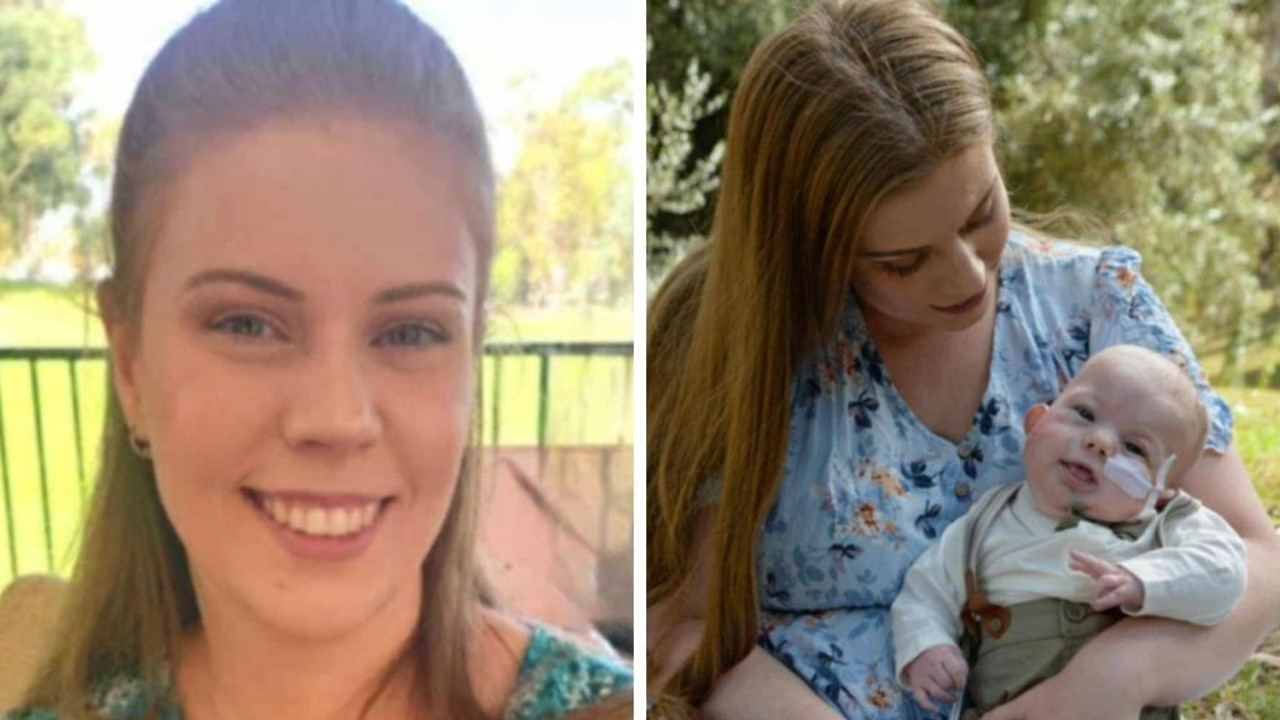New mum’s fury over hospital form saying ‘birthing parent’
A new mum being offended by two words on an official form has led to swift action from the government.

A media personality who recently had a child says she was offended after being handed a hospital form that said “birthing parent” instead of mother.
Sall Grover said she was outraged by the Medicare form and took to Twitter – as well as several media interviews – to complain.
“It is dehumanising, ridiculous language,” she told the Today Show on Thursday.
“If the word ‘mother’ bothers you so much, motherhood is going to be quite a shock.”
Her complaints sparked immediate action from the Albanese government.
Government Services Minister Bill Shorten has said he will scrap the gender inclusive forms and cited an interview Ms Grover did with the Daily Telegraph when explaining his decision.
Mr Shorten tweeted on Thursday morning he had read the newspaper story that mentioned a “pilot program launched in three hospitals under the previous coalition government”.
1/3 Just regarding the story in the Daily Tele about a form that was part of a pilot program launched in 3 hospitals under the previous Coalition Government.
— Bill Shorten (@billshortenmp) July 20, 2022
“When I was informed of this situation yesterday, I instructed the responsible officials they should cease using the previous government’s forms,” Mr Shorten wrote.
“They will be replaced with new forms that use the word mother, not birthing parent, which is consistent with other Medicare forms.”
Advocates say that using gender neutral language such as “birthing parent” can help include people who would otherwise be excluded.
Each year in Australia, several men give birth to children. In 2014-2015, as many as 55 men gave birth, according to Medicare records.
That’s possible because not everyone’s gender identity matches the reproductive organs they were born with.
The federal government in 2013 amended the Sex Discrimination Act 1984 to introduce new protections from discrimination on the grounds of sexual orientation, gender identity, and intersex status.
The change meant that government records should reflect the fact that some people identify with a different gender than the one they were assigned at birth.



